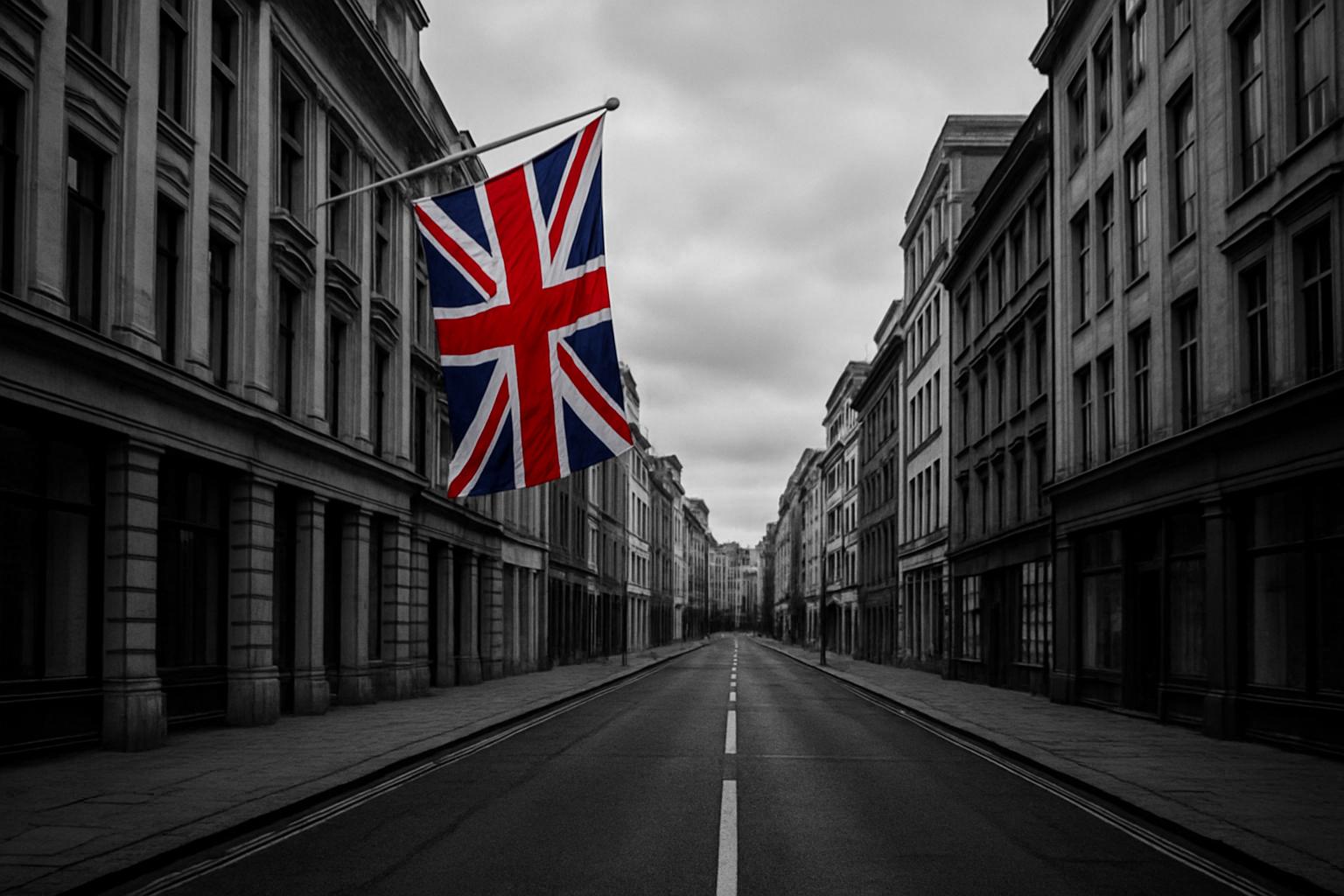The Advertising Standards Authority (ASA) has banned advertisements for Marble Muse, a clothing company found to be misleading consumers by presenting itself as a British brand when it was not. The ASA’s investigation revealed that Marble Muse used imagery evocative of Britain—such as roses, cobbled streets, and the Union flag—alongside phrases like “British Brand” and “Free UK Shipping” to create the false impression that it was based in London. However, the company was actually shipping goods from a warehouse in Asia.
The company’s website bolstered this misleading impression with visuals of models set against stereotypically British backdrops, including a city street and countryside scenes. It also listed a London address in its “Contact Us” section, with text suggesting that the brand was founded in the capital. Despite this, the ASA found the London address was most likely a residential property rather than a genuine business premise. Moreover, the website stated that all returns had to be sent to the warehouse in Asia, further contradicting claims of a UK base.
The BBC was prompted to complain to the ASA, pointing out that Marble Muse’s claims omitted vital information about the company’s true identity and operational location. Marble Muse did not respond to the ASA’s enquiries. The regulator ruled that consumers were likely to be misled into believing Marble Muse was a British company, given the imagery and text used in its advertising. As a result, the ASA ordered Marble Muse’s ads to be withdrawn and instructed the company to ensure future advertising does not misleadingly imply a UK presence. Any quoted prices must include the geographical address from where operations are conducted.
This case fits into a broader pattern of the ASA’s recent scrutiny of retailers who exaggerate or fabricate their UK credentials to appeal to local consumers. Other firms like Luxelle-London and Muse have previously been challenged for similar misleading practices, using UK-specific domain names, addresses, or symbolic British imagery while operating from overseas warehouses, typically in Asia.
The ASA’s stance is grounded in Rule 3.1 of the UK Code of Non-broadcast Advertising and Direct & Promotional Marketing (CAP Code), which forbids marketing communications from materially misleading consumers. The regulator assesses advertisements based on the overall impression they create, balancing text and imagery, including claims about geographic origins or operational bases. Past rulings include instances where companies gave false impressions about being local businesses or disguised adverts as invoices, demonstrating the breadth of ASA enforcement on misleading practices.
By cracking down on these deceptive tactics, the ASA aims to protect consumers from being misled about the provenance of goods—a factor that can influence purchasing decisions—and to promote transparency in e-commerce. The Marble Muse case underlines the importance of honesty in advertising, especially for online brands trading globally but presenting themselves as local to gain trust.
📌 Reference Map:
- Paragraph 1 – [1], [2], [4], [5]
- Paragraph 2 – [1], [2], [4], [5]
- Paragraph 3 – [1], [3], [6]
- Paragraph 4 – [6], [3]
- Paragraph 5 – [3], [7], [6], [1]
Source: Noah Wire Services
